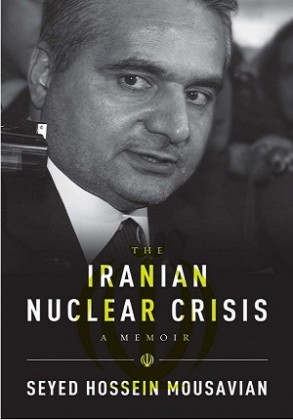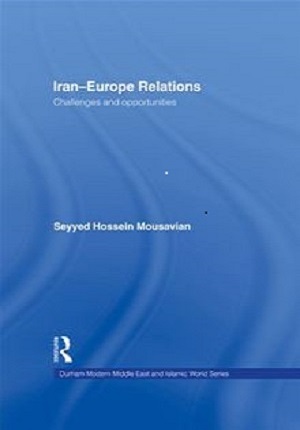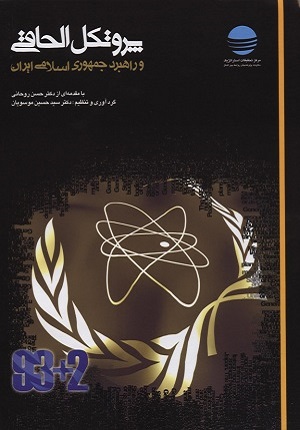The Iranian presidential election is set for June 14, and the candidate selected will take office in August. The world is eager to know the new president’s nuclear policy.
The ongoing Iranian nuclear issue dates back to early 2003, when Mohamed ElBaradei, director general of the International Atomic Energy Agency (IAEA), visited the nuclear facilities at Natanz and officially announced that Iran was among 10 nations that had attained enrichment technology and capability. After that, during the tenures of Presidents Mohammad Khatami and Mahmoud Ahmadinejad, Iran and the world embarked on two approaches to nuclear diplomacy with varying costs and benefits.
“Iran’s Next President and The Third Nuclear Strategy,” Hossein Mousavian, Al-Monitor, June 10, 2013.


